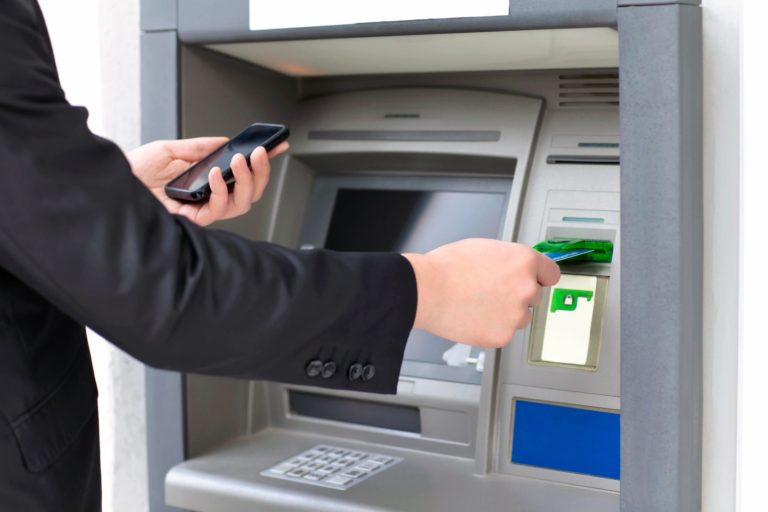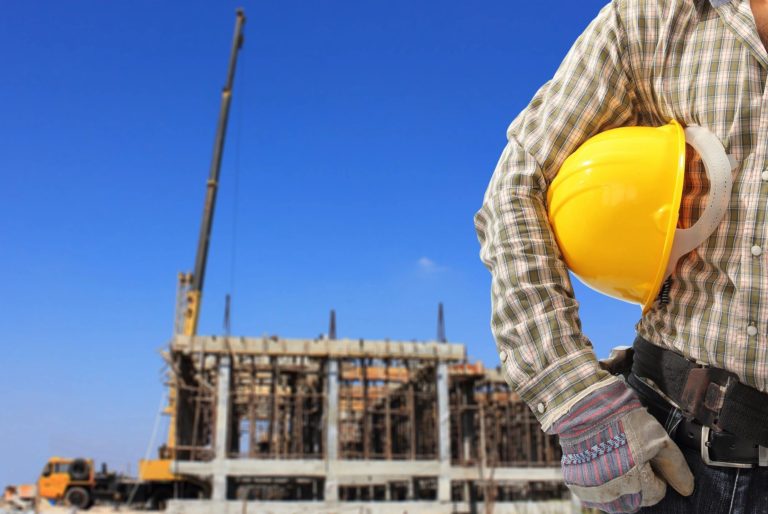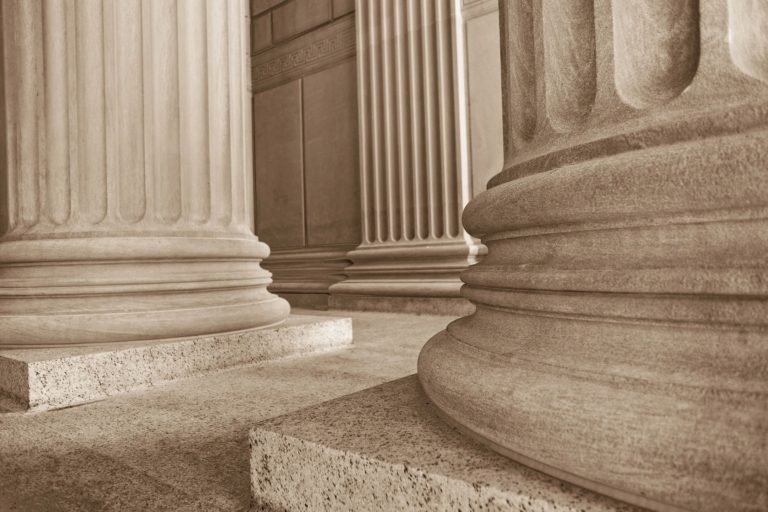The Dallas City Council recently approved Ordinance 3221, which is better known as a responsible banking ordinance, which holds banks accountable for making loans in minority neighborhoods.
Federal law already encourages banks to do this, but many banks still refuse.
The city of Dallas deposits more than $250 million in tax money at Bank of America and that unfortunately lets local governments make demands about how a bank treats minority borrowers.
The new ordinance says that the city shall “use socially responsible banking performance as a factor in determining” who it banks with.
One activist who challenges banks to lend more in minority communities says this is a significant help and that it will help with transparency. Under the new ordinance, the city treasurer is required to hold a public hearing about how well banks are serving lower-income customers.
Thirteen cities around the country have adopted some form of a Responsible Banking Ordinance, and Dallas is the first in Texas.
Philadelphia also adopted its ordinance, and the banks it chose to make deposits with became more active low-income lenders.
It’s up to the cities for now, since federal regulators have declined to address the problem of banks owning low-income housing that traps minority families in the cycle of poverty.
This work needs to continue in cities across the country since redlining has been around for a long time and hurts low-income neighborhoods. If banks change the way they do business they can help low-income communities become better and healthier for the whole community.
Dallas becomes first Texas city to ensure banks are serving disenfranchised neighborhoods
- 28/07/2022
- 5:38 pm
admin
Thinker & Designer
Share on facebook
Share on twitter
Share on pinterest
Share on reddit
Recent Posts

10 August, 2022
Mitchell Hamline School of Law in St. Paul, Minn. this summer accepted their first incarcerated student....

09 August, 2022
Financial inclusion is the term used for efforts to make basic banking and financial products safe, affordable,...

08 August, 2022
According to NYN Media, New York City should work with unions and re-entry providers to provide work...

05 August, 2022
Southern California is based on a reputation for offering its citizens the promise of education, jobs,...

04 August, 2022
After the murder of George Floyd ignited nationwide protests, corporate America promised to take an active...

03 August, 2022
President Biden signed Executive Order 13985 on his first day in office. That order advances racial equity...

02 August, 2022
In the wake of the killing of George Floyd and amid calls for greater social justice, the U.S. stock...
No posts found



